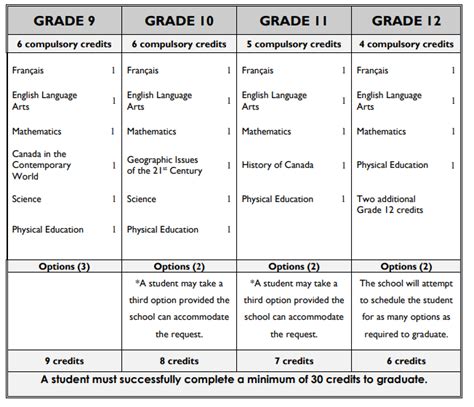Iowa High School Credits: Ensuring On-Time Graduation
Navigating the Iowa high school credit system can feel overwhelming for students and parents alike. Understanding the requirements for graduation is crucial to ensure a smooth path to earning a diploma and pursuing future educational or career goals. This comprehensive guide clarifies the intricacies of Iowa high school credits, offering valuable insights and strategies to ensure on-time graduation.
What are the Iowa High School Graduation Requirements?
The Iowa Department of Education outlines specific credit requirements for high school graduation. These requirements may vary slightly depending on the school district, so it's essential to check with your student's school counselor or the district website for the most up-to-date and precise information. However, generally, students need to accumulate a specified number of credits across various subject areas to graduate. These typically include:
- English Language Arts: A significant number of credits are dedicated to English, focusing on reading, writing, and communication skills.
- Mathematics: Students need a substantial number of math credits, often progressing through various levels of algebra and potentially geometry or higher-level math courses.
- Science: Science credits cover various scientific disciplines like biology, chemistry, and physics. Specific course requirements may vary.
- Social Studies: This includes history, government, and other social science courses.
- Health and Physical Education: These credits are often mandatory, emphasizing physical well-being and health education.
- Electives: A portion of the required credits is allocated to electives, allowing students to explore subjects of personal interest, broadening their educational horizons.
The exact number of credits needed in each category varies, but a typical total credit requirement might fall in the range of 22-26 credits for graduation. This total is subject to change over time, and there may also be specific course requirements for diploma types (like the standard diploma or a specialized diploma path).
How Many Credits Do I Need to Graduate in Iowa?
This is a crucial question, and the answer is not a single number. As mentioned above, the specific credit requirement varies by district and sometimes even by individual school. It is critical to contact your student's high school counselor or check the school's website. They will have the most accurate and up-to-date information on the precise number of credits needed for graduation.
What Happens if I Don't Meet the Credit Requirements?
Falling short of the required credits can delay graduation. Students who don't meet the credit requirements by the end of their senior year may need to attend summer school, enroll in online courses, or explore other options to make up the missing credits. Early planning and proactive communication with school counselors are crucial to avoid this situation. Schools often offer resources and support to students at risk of not graduating on time.
How Can I Stay on Track for Graduation?
Proactive planning is key to on-time graduation. Here are some helpful strategies:
Regularly Check Your Transcript:
Monitoring your progress is essential. Regularly reviewing your transcript will highlight any areas where you might be falling behind.
Meet with Your Counselor:
Regular meetings with your school counselor provide an opportunity to discuss your progress, plan your course selections for future years, and address any potential challenges.
Utilize Available Resources:
Schools often offer tutoring, mentoring, and other support services. Take advantage of these resources to enhance your academic performance.
Create a Graduation Plan:
Work with your counselor to create a personalized graduation plan that outlines the courses you need to take each year to meet the credit requirements.
What if I Change Schools?
Transferring schools can sometimes complicate credit requirements. It's crucial to work closely with both your previous and current schools to ensure that all your credits transfer smoothly and that you are still on track to graduate on time.
Are there Different Types of Diplomas in Iowa?
Yes, Iowa offers different types of high school diplomas, each with its own set of requirements. These may include a standard diploma, advanced diploma, or other specialized diplomas. Consult your school counselor for details about the different diploma options and their requirements.
By understanding the Iowa high school credit system and actively participating in your educational journey, you can greatly increase your chances of graduating on time and setting yourself up for success beyond high school. Remember, proactive planning, regular communication with your school counselor, and utilizing available resources are essential components of a successful high school experience.

